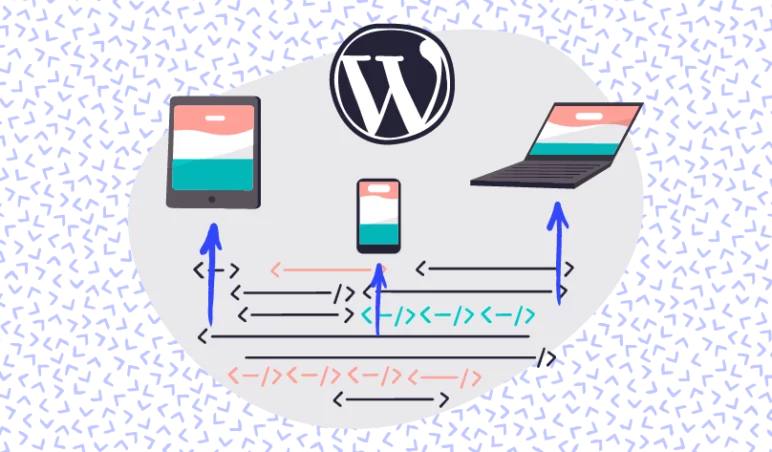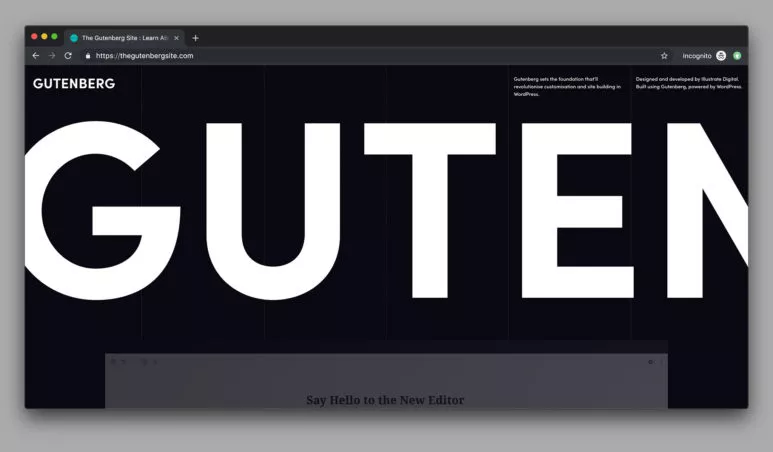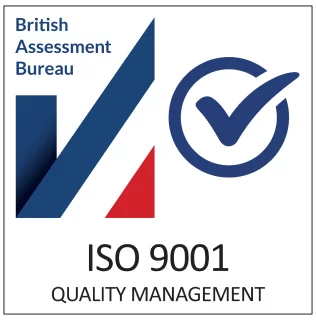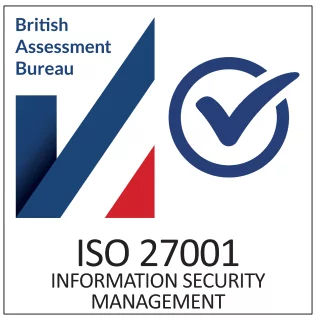An Introduction
WordPress plugins can be a great addition to any site. They often bring bundled functions and features to your site that may have otherwise been difficult, or expensive, to code into your website directly. However, there are some important things to consider when working with plugins:
- Is the latest version compatible with your version of WordPress core?
- How frequently does the plugin author update the plugin?
- What are the reviews like?
Helpfully, the WordPress plugin repository provides answers to all of the above. However, there are some findings that wouldn’t be immediately obvious by simply reviewing the information provided by the plugin repo. That’s where this guide comes in; our recommendations on the types of plugins to avoid, from our years of experience working with WordPress sites.
Caching Plugins
Caching is hugely helpful. In a nutshell, it allows repeat visitors to access your site more quickly. We won’t go into detail on how caching works here, but if you’re new to the concept and would like to know more, we’d recommend this handy guide.
Caching responsibilities should always fall with your hosting provider. If you’ve got a managed WordPress hosting plan, there should be no reason to get a website caching plugin like WP Cache, WP Super Cache or W3 Total Cache. These plugins are just going to provide functionality that already exists through your hosting setup. Not only that, but installing these kind of plugins can also create conflicts or serious problems with the caching system already in use by the web host. For this reason, many hosting companies will blacklist caching plugins from being installed on their server.
If your hosting company doesn’t provide caching functions, ask them why. If they won’t provide caching for you as part of your package, we’d recommend looking for a better host rather than trying to solve this with a plugin!
Backup Plugins
It’s incredibly important to keep your website backed up on a regular basis. Similar to the above point, many hosting providers these days will keep your site backed up for you, meaning it’s one less thing for you to worry about.
If they don’t provide this service, it’s not the end of the world as you can achieve backup functionality through plugins. If your only option is a plugin, or even if you just want to double down on security, we’d recommend a plugin like VaultPress or Updraft Plus that allows you to store your backups remotely (for example via Google Drive, Dropbox or Amazon S3).
The backup plugins to avoid are unfortunately the majority. In other words, many of them will store the backup files directly in your site’s database. This is what you don’t want, as it’ll quickly add bloat to your site’s local storage by storing backup after backup at a similar file size to the website itself. If using a backup plugin, make sure it gives you the option to store the entire folder off-site. Some specific plugins to avoid are:
- Versionpress
- EZPZ One Click Backup
- WPOnlineBackup
- WP DB Manager
- Backup WordPress
It’s important to note that some hosting providers will also disallow some backup plugins. Not necessarily because they’re deemed insecure or ‘bad’, but simply because they provide duplicate functionality already provided by the host. Rest assured, this is good practice.
‘Related Posts’ Plugins
Almost all plugins offering related post functionality suffer from the same issues involving MySQL, indexing and search results. These problems make the plugins extremely database intensive, requiring a large amount of unnecessary database queries, which can massively slow down or even crash your site – especially sites experiencing high traffic.
Some specific plugins to avoid:
- Dynamic Related Posts
- SEO Auto Links & Related Posts
- Yet Another Related Posts Plugin
- Similar Posts
- Contextual Related Posts
A good alternative would be to use a service such as Contextly, which allows you to offload related post functionality to their servers.
SEO Plugins
Setting up your website to perform well in search results is a key step to excellent marketing, however not all plugins are equal and some can cause issues. The following SEO plugins are worth avoiding purely from a resource-intensive point of view:
- Fuzzy SEO Booster
- Broken Link Checker
- Google Sitemap Generator
If you’ve been using WordPress for a while, you’ve most likely come across the Yoast SEO plugin. This plugin is easily the best for WordPress SEO, supported by millions of downloads and users. It’s closely followed by its popular contender, All-In-One SEO. Both of these plugins are widely adopted, updated regularly and have excellent ratings in the WordPress repository.
Server & MySQL-Intensive Plugins
Due to the way some plugins work, they can either cause a high load on the server or create an excessive number of database queries. These kind of plugins will directly impact server load and hinder your site’s performance, and therefore should be avoided like the plague.
Some plugins mentioned already in this article can also fall into this category (Broken Link Checker above is a good example of this), but the following are also worth a specific mention:
- JR Referrer
- WP Slimstat
- Statpress
- WP Postviews
You may notice the above are all stats-related. Instead of using a plugin to collect statistics, we would recommend using Google Analytics, the industry standard for site statistics.
Some further plugins that cause known resource issues:
- MyReviewPlugin
- LinkMan
- Tweet Blender
Translation Plugins
When working with a multilingual site, the easiest approach for managing content would certainly be through a plugin, of which there are a few to choose from. The most popular of these plugins, at least in terms of downloads, is called WPML.
However, in our experience we’ve come across a lot of issues using it. The WPML plugin particularly doesn’t play nicely with Advanced Custom Fields – a hugely popular plugin for creating custom post types in WordPress. A check of WPML’s support forum also shows that, on the whole, support is slow and resolutions aren’t always met which is unfortunate at the least.
For these reasons, we recommend another well adopted plugin, Polylang. When developing multilingual sites we’ve found this to be far easier to use for both developers and content editors alike, plus it works far better with Advanced Custom Fields and other post type plugins when compared to WPML.
The exception to all of the above for a multilingual solution is when using WordPress to build software or complex functionality, in this case you may want to consider a custom route to translations, to ensure you’re not relying on plugin updates for core functionality.
Others
Other WordPress plugins you may want to avoid are database management plugins such as Adminer, WP DBManager and Portable PHPMyAdmin, as these pose a security threat. The functions they serve are also already addressed by most web hosts.
If you are looking for a plugin for image optimisation, avoid EWWW Image Optimizer. It sucks up a lot of resources without offering anything particularly amazing in return. Our recommendations for optimising your images would be to use Kraken.io or Short Pixel Image Optimizer.
Finally, don’t be misled into believing that a plugin’s age necessarily translates into it being a good plugin to use. Hello Dolly, for example, is one of the oldest WordPress plugins around but has long ceased to be useful. It has already been blacklisted by WPEngine (among other hosts) for being nonfunctional. It simply no longer has any practical purpose for modern blogs and sites, so can be disregarded entirely.
Summary
Plugins can be a great tool for enhancing your WordPress site and as WordPress specialists, as much as we like to avoid plugins entirely where possible, it’s sometimes necessary to save valuable time or make use of existing technology. Just make sure you are choosing the right plugins to install.
Here’s a quick guideline for what the ‘right’ kind of plugin looks like:
- Regularly updated – check the WordPress repository to see when the last update was and if it was more than a few months ago, you probably want to avoid it
- Compatible with the last few versions of WordPress – don’t get caught out with a plugin that doesn’t work with your version of the WordPress software, but make sure you keep that up-to-date too
- Good ratings – often a plugin with bad ratings will have a very good reason, whether that be functionality that doesn’t work or poor customer service from the plugin developer
- Doesn’t conflict with what your host provides – if your hosting company already do it, there’s no need to install a plugin for it, check this first
- The functionality doesn’t already exist elsewhere – check first that a plugin is necessary, in the Google Analytics example, a simple line of code is all that’s required to collect data and serve it on a third party platform, not a whole statistics plugin draining your site’s resources
There may be quite a few ‘avoid’ plugins listed in this article but it’s important to note that this doesn’t mean WordPress is littered by multitudes of unnecessary or ‘bad’ plugins. Equally, we’re not suggesting that the plugins we’ve listed here are inherently bad. Some of them will have their place in certain situations but on the whole they’ve made it onto this list as we’ve identified them as providing a negative experience to either security or performance.
Finally, this list is by no means extensive! The WordPress plugin repository is constantly updated with plugins being added and removed on a daily basis. If you’re unsure about a particular plugin on your site our team are always on hand and happy to advise.

















